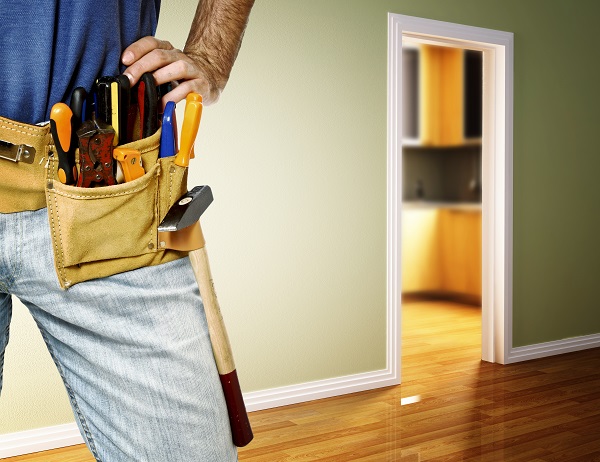
In general, parties are free to enter into a contract and determine which provisions they wish to include as part of the agreement. However, in a residential lease, there are certain obligations and duties that are imposed by federal and state law that cannot be dismissed or revised by the parties in a lease agreement. One of the landlord’s primary duties in a lease is to provide a unit that is in habitable condition.
This standard encompasses several aspects of maintaining the property. The landlord must maintain the structure of the rental building and is responsible for the upkeep of the property grounds and facilities. The landlord must provide plumbing facilities, gas and heating facilities, proper waterproofing, electricity, and sanitary units. In addition, each unit must contain certain features such as a toilet, kitchen sink, and working locks, and the landlord must ensure that all appliances in the unit are in good condition.
The law requires that repairs be made within a reasonable time after the landlord receives notice that a problem exists. If the landlord refuses to make the repair, then he is in violation of the law requiring the provision of a habitable living space. In this case, what are the tenant’s options? The tenant may withhold rent completely or make the repairs himself and deduct the cost from the rental fee. The tenant can also choose to move out entirely before the expiration of the lease.
Before the tenant takes actions such as withholding rent or vacating the premises, the tenant should ensure that he has conformed to all requirements under the law. First, the repair must be one that poses a serious problem, and not just a minor inconvenience. In other words, the defect must be one that actually interferes with the habitability of the property. Second, the tenant must ensure that the landlord was notified of the problem, preferably in writing, and that he had a reasonable amount of time to address the issue. In California, the landlord has 30 days to repair most problems in a residential unit. Last, the defect that requires repair cannot have been caused by the tenant or a guest of the tenant through reckless or neglectful behavior.
Contact Shane Coons at 949-333-0900 or visit his website at www.ShaneCoonsLaw.com to find out more about his practice.
